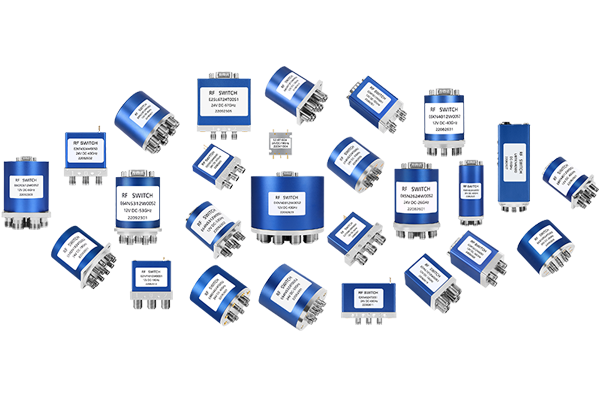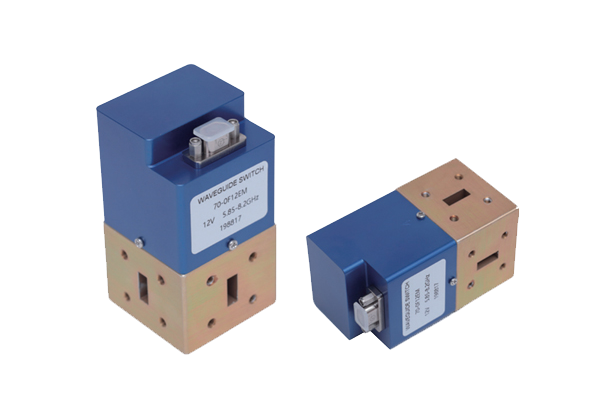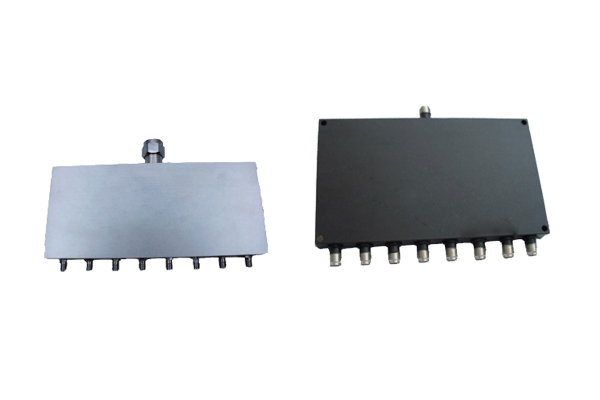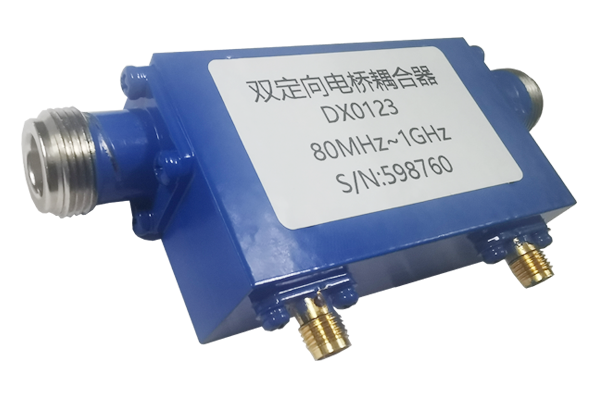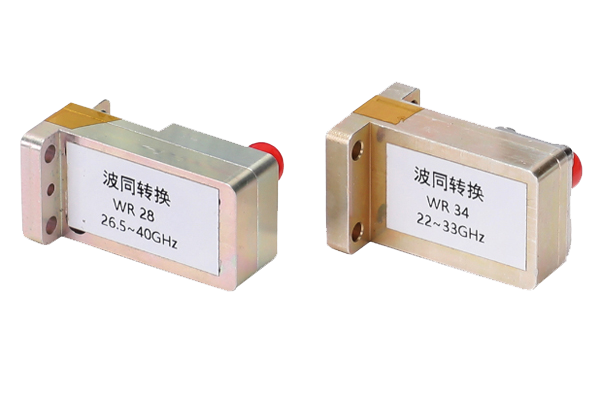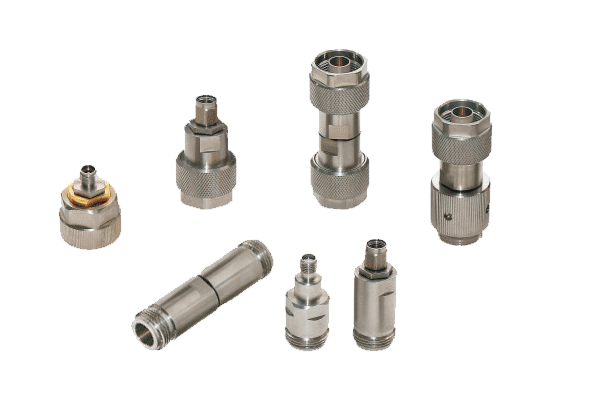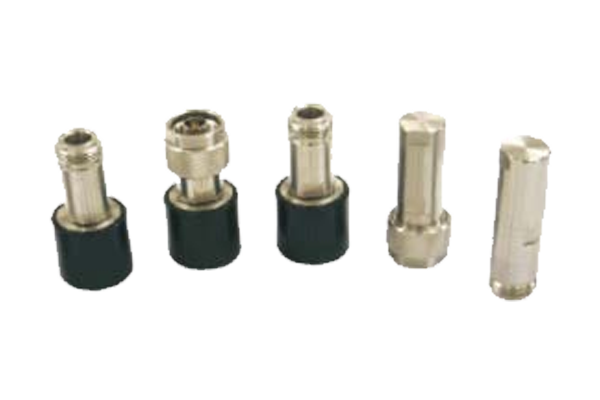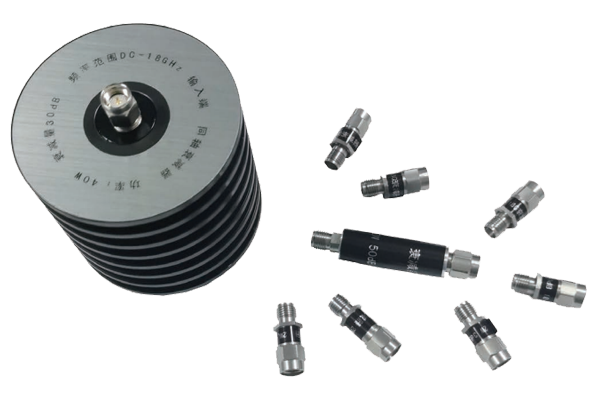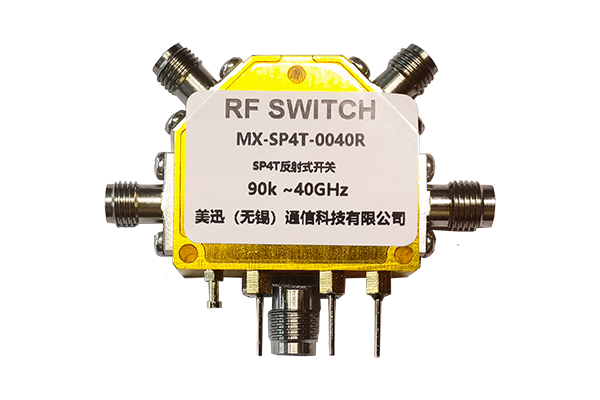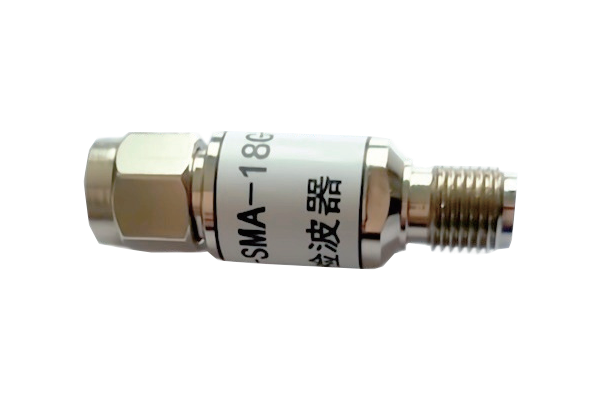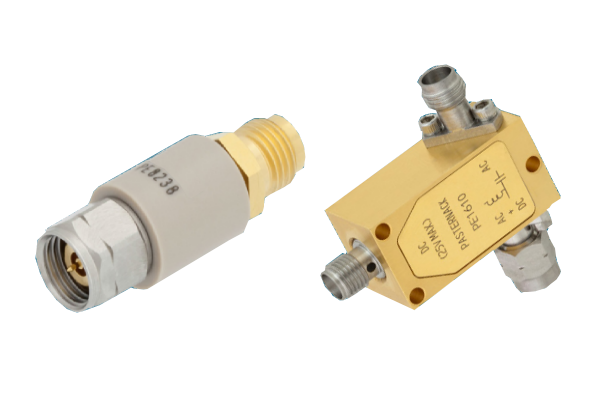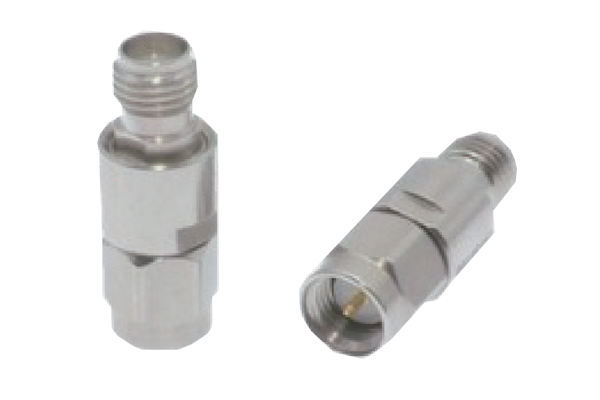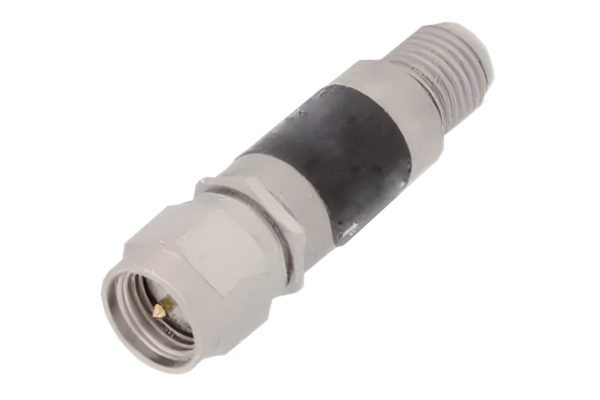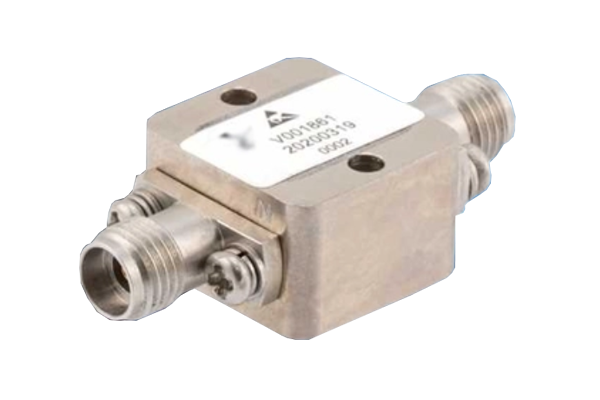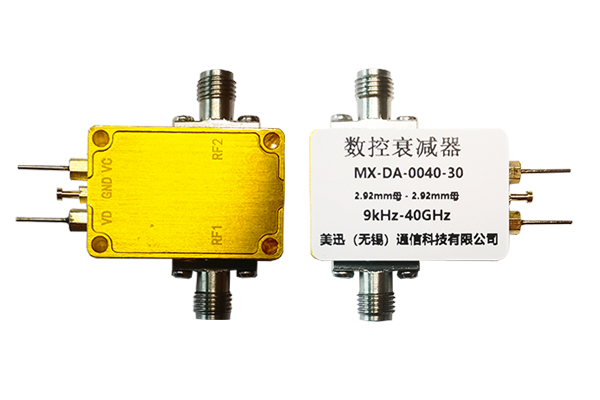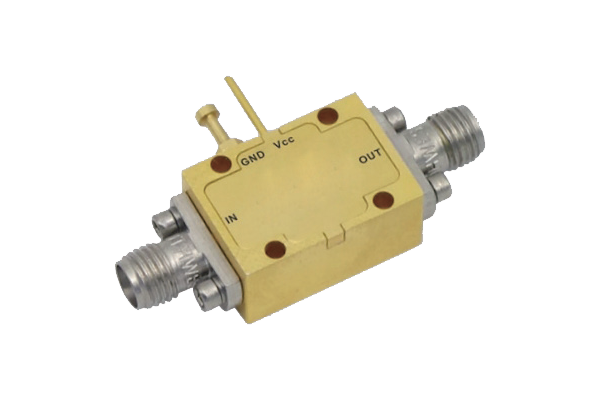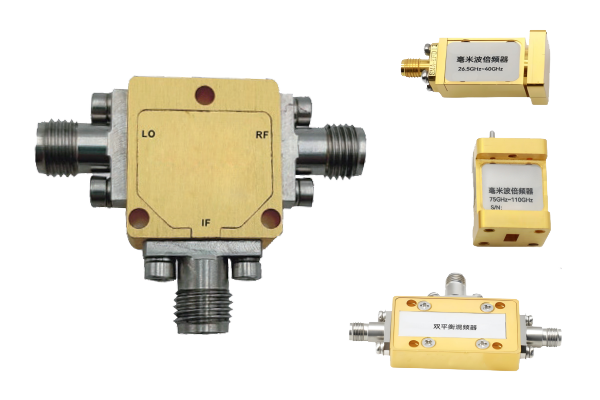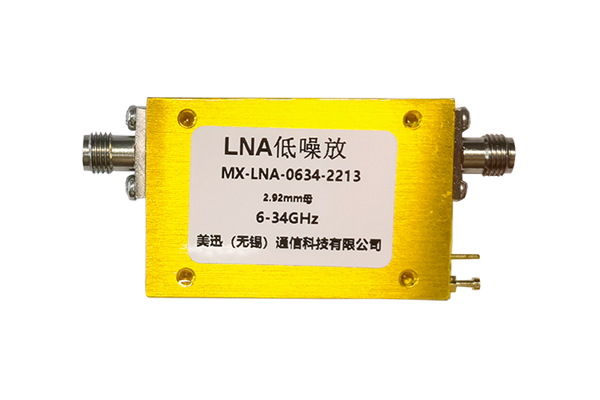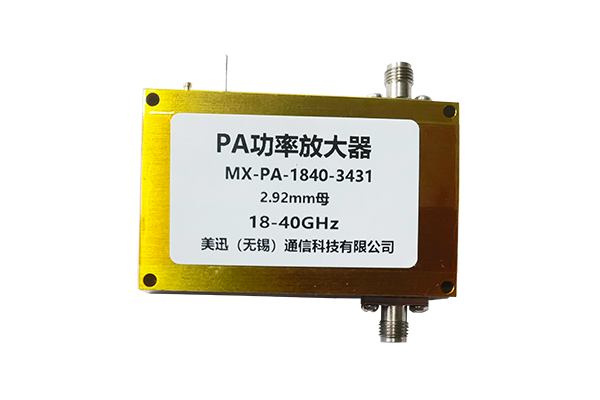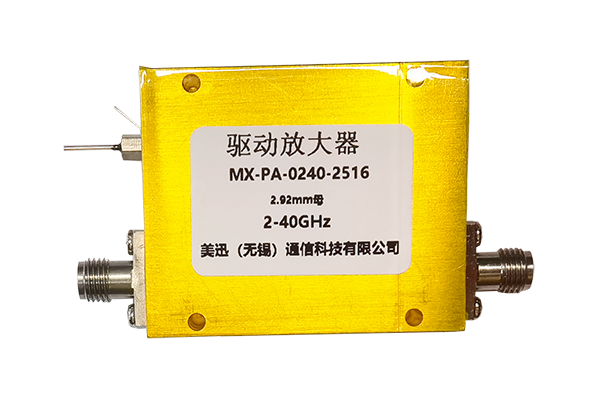Can coaxial switches be used in harsh electromagnetic interference environments
Coaxial Switches in Harsh EMI Environments
Yes, coaxial switches are well-suited for harsh electromagnetic interference (EMI) environments due to their inherent design and shielding properties. Here's why:
1. Superior Shielding
Coaxial cables/switches feature a grounded outer conductor (shield) that blocks external EMI/RFI, isolating the central conductor's signal. This makes them ideal for:
Industrial settings (e.g., factories with motors, transformers)
Aerospace applications with intense electromagnetic fields
For example, military-grade coaxial switches (e.g., from Fairview Microwave) often use rugged metal enclosures and triple-shielded connectors to minimize leakage.
2. Low Signal Degradation
The controlled impedance (e.g., 50Ω/75Ω) and balanced geometry of coaxial systems reduce signal distortion from EMI. In contrast to unshielded twisted pairs, coaxial switches maintain stable performance with:
Insertion loss <0.5 dB
Isolation >50 dB
even in high-EMI zones like near radar systems or power lines.
3. Frequency Range & Ruggedness
Coaxial switches operate across wide frequency bands (DC to GHz), making them resilient to broadband interference. High-reliability designs feature:
Hermetically sealed relays
Solid-state switches with gold-plated contacts
enhancing durability in extreme environments (-55°C to +125°C).
4. Applications
Common use cases include:
Industrial Automation: Controlling RF sensors/meters in EMI-rich factories.
Aerospace/Defense: Switching radar or satellite signals amid jet engine EMI.
Medical Equipment: Isolating sensitive RF signals (e.g., MRI systems) from external interference.
Limitations to Note
While coaxial switches excel in EMI mitigation, designers must ensure:
Proper grounding
Connector tightness
Shielding integrity
For ultra-wideband EMI (e.g., >10 GHz), advanced designs like waveguide switches may complement coaxial systems, but coaxial remains a robust primary solution for most harsh EMI scenarios.



